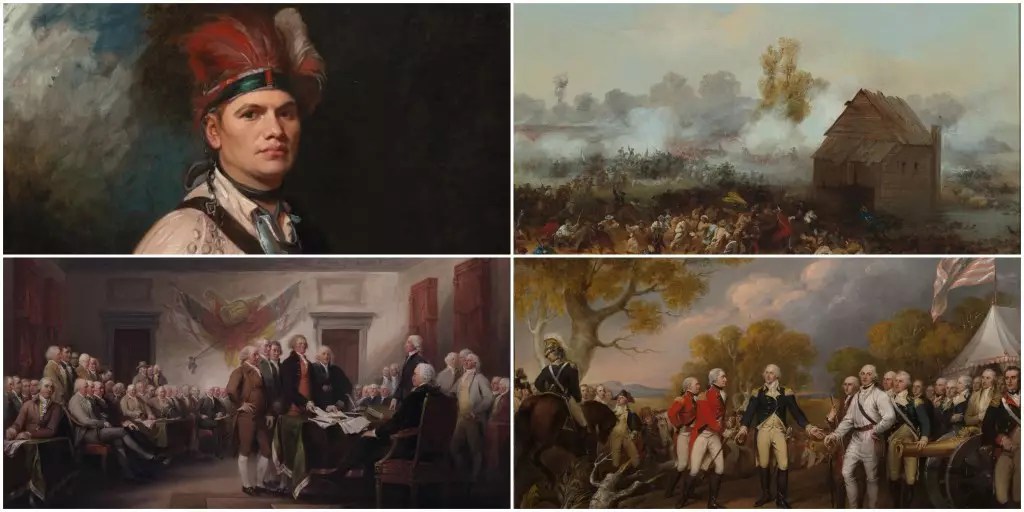Renowned filmmaker Ken Burns has once again set the stage to transform a critical chapter in American history into a visual and educational journey. His latest documentary series, “The American Revolution,” is poised to make its debut at the London TV Screenings, a highly anticipated event showcasing groundbreaking literary and visual arts. PBS Distribution has acquired the global rights to this unprecedented series, which delves deep into the virtues and contradictions surrounding America’s inception.
Burns, in collaboration with formidable talents like Sarah Botstein and David Schmidt, brings this significant narrative to life, partnering with his long-time co-writer Geoffrey C. Ward—whose accolades are highlighted through projects such as “The Vietnam War.” Collectively, they endeavor to provide audiences with a comprehensive examination of not just the military strategies and political maneuvers, but also the complex human experiences that characterized this transformative period.
“The American Revolution” distinguishes itself by focusing on a diverse array of historical figures, encompassing all walks of life. The story is not merely about celebrated leaders and monumental battles; instead, it features real voices—including Continental soldiers, American militiamen, British officers, and Indigenous peoples—who provide a more granular perspective on the ramifications of the war. This approach acknowledges that the events of 1775-1783 were not just about independence from Britain but also involved intricate dynamics that shaped individual lives and communities.
This attention to nuance is may indeed be the hallmark of Burns’ work. In his endeavor, the series confronts the mythologized narratives surrounding the revolution by presenting a reality that is often overlooked. The birth of the United States became a double-edged sword, championing democratic ideals while simultaneously entrenching slavery and displacing Native American nations. Such exploration invites viewers to grapple with historical complexities, fostering a critical understanding of America’s foundational contradictions.
Narrated by the resonant voice of Peter Coyote, “The American Revolution” is not just an auditory experience but a visual spectacle enhanced by the expertise of historians and scholars. It uses a treasure trove of archive materials and newly commissioned maps, enhancing the viewers’ grasp of the geographical and political landscape of the time.
This documentary also features a significant cast of actors who breathe life into the historical figures represented. With an ensemble boasting names like Meryl Streep, Tom Hanks, and Morgan Freeman, each character is vivid and nuanced, ensuring that even those long gone from the pages of history are rendered relevant in contemporary discourse.
This narrative strategy not only captivates audiences but also opens a dialogue about the ongoing impact of the revolution. As described by Schmidt, the resulting nation was unforeseen and radically different from what many had envisioned at the onset of rebellion. This reflection on possibility versus reality makes “The American Revolution” essential viewing, as it aligns historical lessons with modern democratic struggles.
What is perhaps most striking about Burns’ latest opus is its relevance to contemporary issues. The documentary inverts the lens, not simply chronicling the past but challenging today’s viewers to consider the ongoing implications of the American Revolution’s legacy. How do the virtues and flaws of these founders resonate within current societal frameworks? The series encourages introspection, linking historical events to the present day.
“The American Revolution” offers a richly layered portrayal of a pivotal moment in history, inviting audiences to critically engage with the complexities that surround America’s origins. As the series prepares for its global audience, its promise to illuminate both the triumphs and tragedies of a nation in the making ensures its place as a significant contribution to the realm of historical documentation. Ken Burns continues to shape not only our understanding of the past but also the narratives that will influence the future.


Leave a Reply